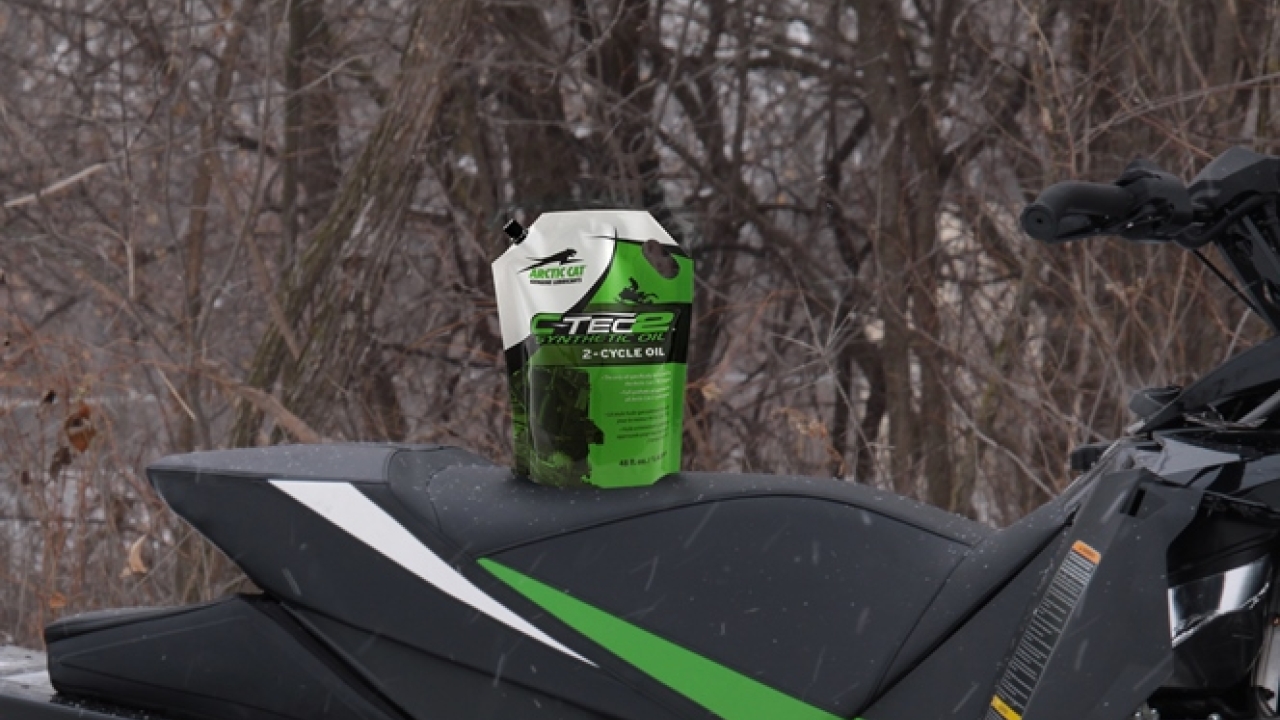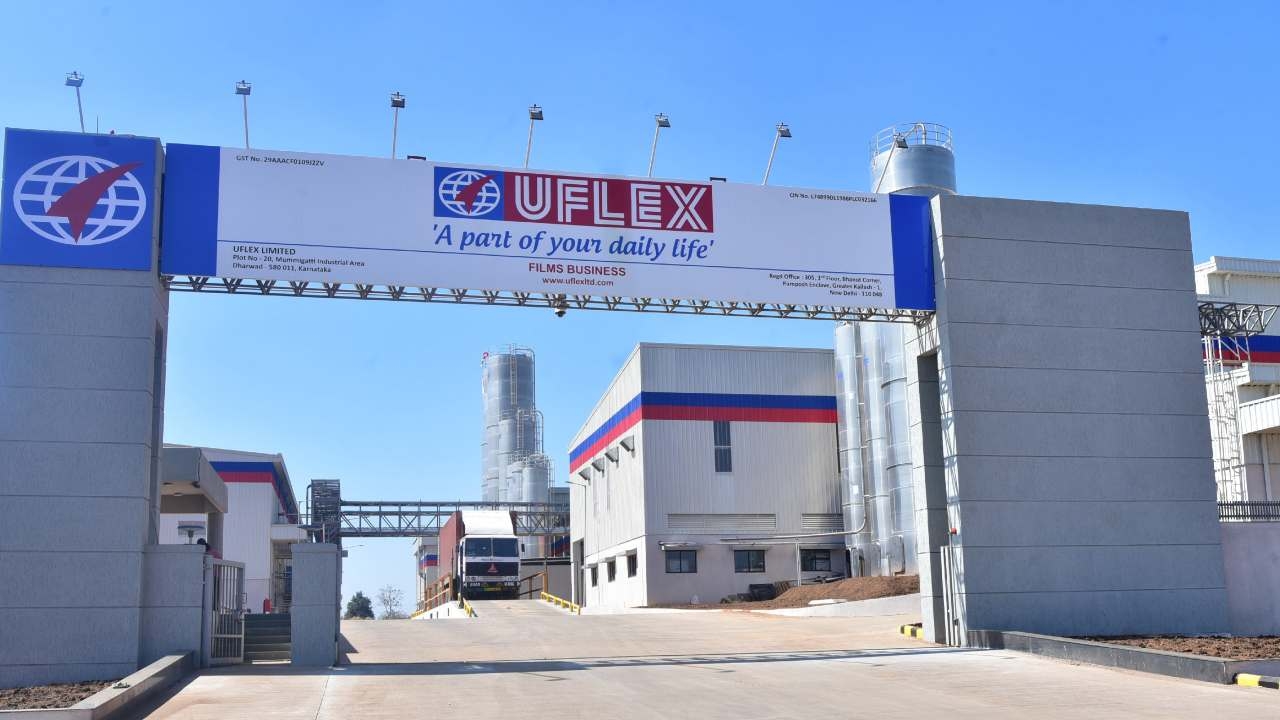Flexible market on the up

Evan Arnold, product development manager at Glenroy, details the current state of the flexible packaging market, and how it is benefitting from the move away from rigid packaging formats.
Flexible packaging has fared quite well despite economic downturns, and the market is continuing to climb upwards.
We see more and more requests from companies who want to make the jump from rigid packaging to flexible packaging. This is due, in part, to the fact that significant cost savings can be achieved by brand owners choosing flexible packaging. For instance, depending upon the application, flexible packaging can weigh up to 95 percent less than rigid containers and take up less than 10 percent of the space typically used by rigid containers.
Accordingly, lower weight and space requirements lead to lower shipping costs. In addition, flexible packaging uses less material for the same product protection and provides virtually 100 percent product yield, resulting in less waste.
Stand-up pouches with spouts or fitments are rapidly becoming more and more popular as alternatives to rigid packaging likewise.
We see more and more requests for highly engineered materials that improve the consumer experience. More and more, we are utilizing fitments, laser scores and other features designed to improve usability for the end user.
We are also seeing packaging take an ever-increasing role in the way products are used, and see the packaging is evolving to become the product. Flexible packaging no longer merely protects the product; it is now a key selling point for many products, and plays a key role during their consumption.
Digital printing is an area of growth for flexible packaging. Manufacturers desire high-quality printed pouches, along with the ability to order smaller quantities. With digital presses becoming wider and faster, they are an ideal solution to meet these demands (read more about the Screen Truepress JetSX B2 format press on p. 26-27).
We are on the verge of releasing ExpressWeb Digital films, a new line of pre-coated digitally printable flexible packaging films optimized for HP Indigo presses (read more about HP Indigo’s growth in the flexible packaging market with its 20000 model on pp. 18-19). ExpressWeb Digital is certified by the HP Indigo substrate certification program with a rating of three stars – the top performance rating available.
It is important to choose flexible packaging materials that are compatible with digital ink systems, such as Glenroy's line of ExpressWeb Digital flexible packaging structures. It is equally important to select flexible packaging materials based on product/package compatibility testing and regulatory concerns.
As a flexible packaging converter since 1965, Glenroy has spent nearly 50 years accumulating expertise on flexible packaging compatibility and optimal materials to use for products within highly regulated markets. We provide this type of expertise to our customers purchasing ExpressWeb and ExpressWeb Digital flexible packaging films.
Flexible packaging is continually evolving, becoming easier to use, and providing more functionality, which makes this a very exciting time in the industry.
Read more features from Packprint World here
Stay up to date
Subscribe to the free Label News newsletter and receive the latest content every week. We'll never share your email address.

